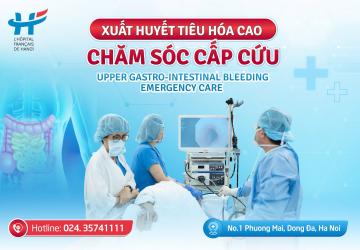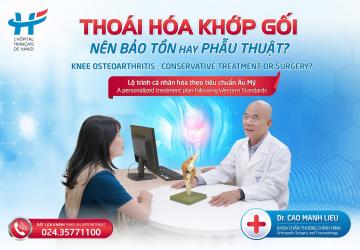News - Tue, 03/27/2018 - 15:27
Acne and laser
Last update 09/27/2024 - 17:58
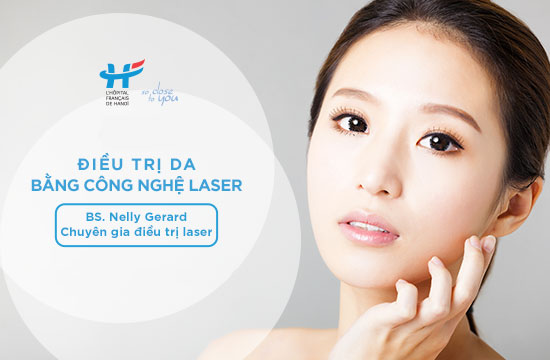
What is acne and how does it develop?
The skin has numerous small openings containing hair follicles and sebaceous glands. The sebaceous glands produce an oily substance called sebum which acts as a natural moisturizer of the skin’s outer layer. When sebum and dead skin cells collect and plug a hair follicle they can become a cyst or a comedone. Once trapped, bacteria multiply which may result in redness, swelling, and pus filled bumps and pustules - Acne. Although more common in teenagers, practically everyone off any age can be affected by acne which may appear on the face, shoulders, back, buttocks, and chest. In short, everywhere sebaceous glands are the most active.
Acne can be very annoying. Very often lesions heal slowly, and when one begins to resolve, others seem to crop up. Depending on its severity, acne can cause substantial emotional distress and loss of self-esteem. Because the lesions are often irritated, people with acne tend to touch and scratch the spots, this can lead to extensive scarring of the skin.
Are there factors that may worsen acne?
Yes, and the most common are:
- Hormones. Androgens are hormones that increase during puberty and cause the sebaceous glands to enlarge and make more sebum. Hormonal changes related to pregnancy and the use of oral contraceptives also can affect sebum production.
- Certain medications. Drugs containing corticosteroids, testosterone or lithium.
- Stress. Stress doesn't cause acne, but if you have acne already, it may make it worse.
- Greasy or oily substances.
What’s the best treatment for acne and acne scars?
Acne treatments aren't one-size-fits-all, they include creams, antibiotics, hormone therapy and more. Medications may have side effects and it takes a long time to see improvement. Other options such as laser therapy which works by concentrating light penetrating deeply into the skin are now available. One such type of laser, recently available in Vietnam is IPL or Intense Pulsed Light.
IPL applies a specific wavelength and has proven highly efficient in acne treatment as well as reducing the appearance of acne scarring. Your dermatologist will examine you carefully during your first consultation and then chose specific parameters to optimize individual treatment, depending on the complexion of your skin and the severity of your acne.
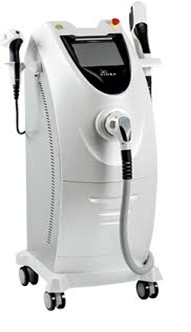
How does IPL work?
- Through its specific wavelength IPL kills bacteria by activating porphyrins, compounds produced by the bacteria themselves
- IPL normalizes and controls the sebum production
- IPL has anti-inflammatory properties reducing redness, swelling and itching
- IPL reduces the size of your skin pores, refining your complexion
- IPL decreases superficial skin scars
Prior to Laser treatment, your dermatologist may prescribe some blood tests in order to identify the most suitable treatment to complement Laser treatment. This will ensure that results are achieved faster.
How is IPL done?
Laser and IPL are done in the dermatologist’s consultation room. After removing any make-up, you will be made comfortable on a treatment bed and light protecting googles will be placed over your eyes. The treatment will last up to twenty minutes per session. IPL causes a tingling sensation when the source passes over your skin and may cause similar effects to a light, mildly itching sunburn. It is important not to scratch after treatment. Symptoms pass quickly and are relieved by putting on oil free, hypoallergenic sun screen after the treatment.
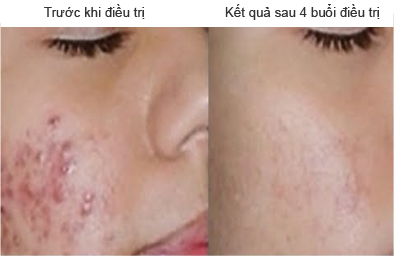
IPL is usually done one session per week and you will see visible results after 4 weeks. After that four more sessions, one per month are recommended to further enhance the complexion and maintain the results. In some cases follow-up treatment may be necessary and in patients with very deep scars another form of Laser therapy may be recommended.
Are there other things a Laser can do?
Laser treatment is now considered the state of the art method for the treatment of many skin disorders, not only acne, and esthetic procedures such as:
- Age spots and pigmentations on face and body
- Definitive hair removal (face, legs, arms, back…)
- Vascular lesions such as spider veins / telangectasia / rosacea / ruby spots
- Skin rejuvenation
Dr. Nelly Gerard is a French specialist in Dermatology &Venereal Diseases who has recently joined the French Hospital Hanoi to bring her expertise to our customers and colleagues.
For further information about laser treatment, please contact us at: (84-24) 3577 1100 or send us an inquiry here


